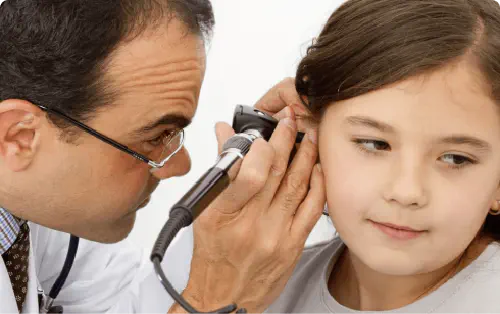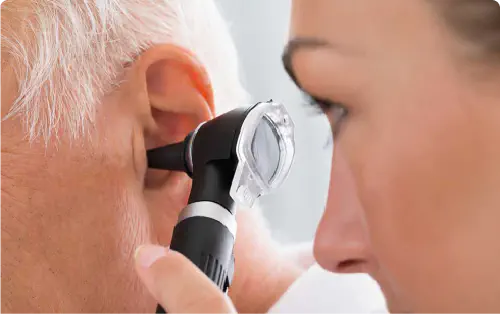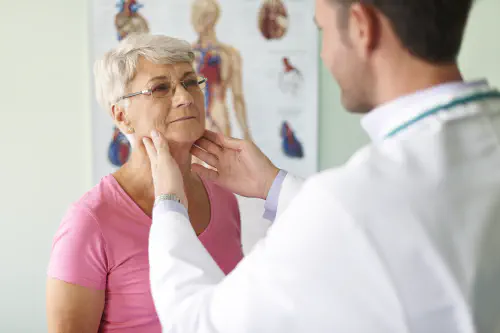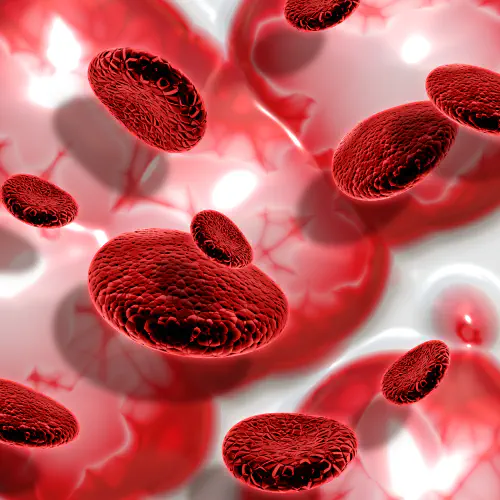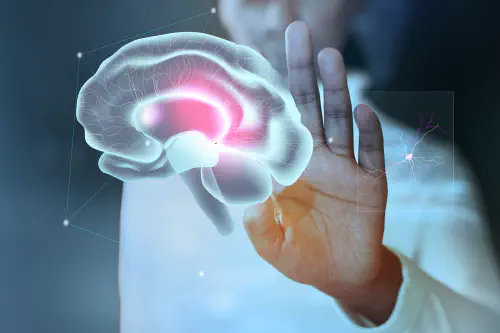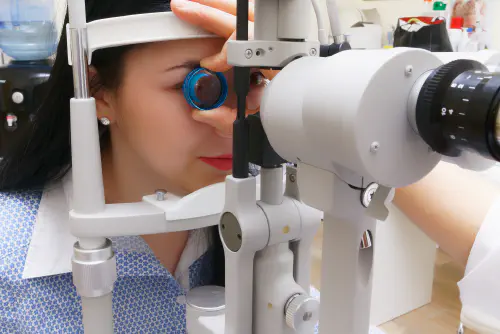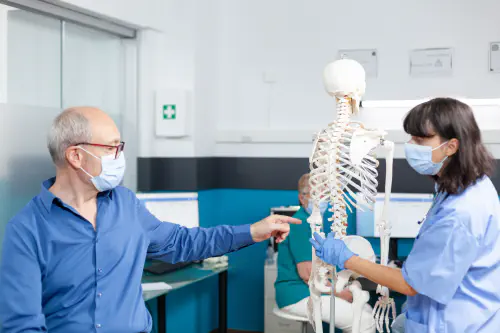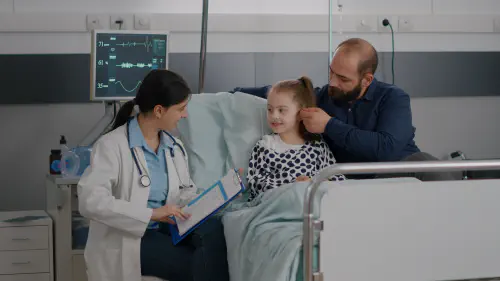Our Clinics
Specialized Services
Online Medicine
New Services
Who We Are

About Oasis Clinics
Oasis Clinics is a premier medical care center offering high-quality health care services across Egypt. With outpatient and inpatient day care, our polyclinic provides a wide range of medical services, from GIT endoscopies to advanced surgical procedures. Recognized as one of the best clinics in Egypt, our commitment goes beyond treatment, emphasizing disease prevention through education and routine checkups to help build healthier communities. Our highly qualified doctors across 30+ specialties work together as a skilled team, dedicated to delivering the best clinical care with personalized diagnosis, treatment, and follow-up services.
Read MoreSpecialized Services
Our Clinics
Offering over 30 specialties, the medical care center is committed to providing high-quality healthcare to patients. With a wide range of health services, including outpatient care, GIT endoscopies, and inpatient surgical procedures, the center ensures high-quality health care services. Patients can expect superior health care services in a state-of-the-art environment, focused on delivering the best medical outcomes.
Show AllSheikh Zayed
Karma 1 Office Building, Above Al Ahli Bank of Kuwait, 2nd Floor, Sheikh Zayed, Giza GovernorateEast Cairo
District 5 | Marakez | Gate 3
Mindhaus, Bldg BOI - G13

